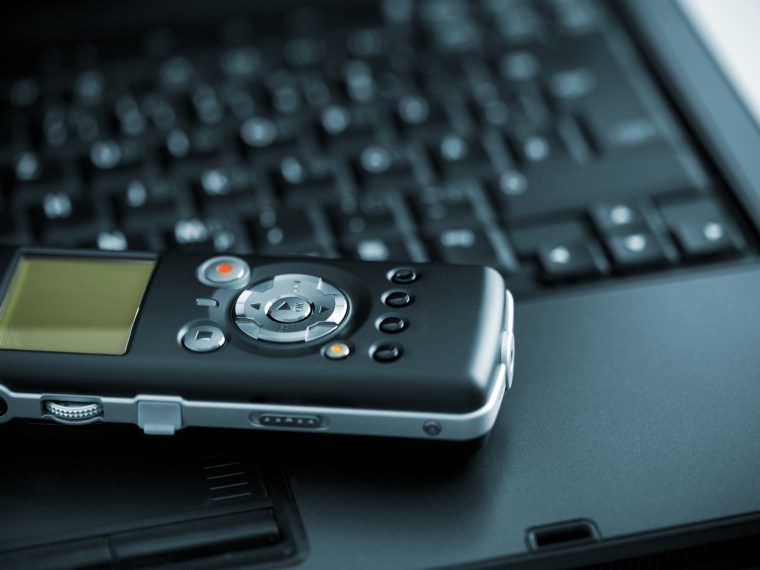Sources are less willing to speak with The Associated Press after the Department of Justice last week revealed a seizure of journalists' phone records, AP's president and chief executive officer said on Sunday.
The DOJ disclosed last week that it had secretly acquired two months' worth of AP phone records as part of an investigation into unauthorized leaks to the press. Thousands of news gathering calls were made during the two months. The secret subpoena included more than 20 phone toll records of reporters' and editors' cell, home, and office numbers.
"I think that it will hurt journalism," Gary Pruitt told Bob Schieffer on CBS' Face the Nation. "Already, officials that would normally talk to us and people we talk to in the normal course of news gathering are already saying to us that they're a little reluctant to talk to us. They fear that they will be monitored by the government."
Last year the AP learned that the government had thwarted an al-Qaida plot to place a bomb on a plane headed to the United States on the first anniversary of Osama bin Laden's death, Pruitt said. When the AP asked the government about the information, officials told the news service to hold the story because of a national security risk. After five days of not releasing the article, high officials told the AP the national security issues had passed.
The AP released the story, but the White House wanted it held another day to announce the successful foiling of the plot, which wasn't a "legitimate" reason to halt publication, Pruitt said.
"If they restrict that news gathering apparatus, you're right, the people of the United States will only know what the government wants them to know. And that's not what the framers of the Constitution had in mind when they wrote the First Amendment."
AP journalists don't question the right to conduct similar investigations, but the DOJ handled it poorly, he said.
"The actions are unconstitutional," Pruitt said.
When the DOJ in 2009 began investigating possible leaks of classified information about North Korea, officials used security badge access records to track a reporter's actions within the State Department. Investigators traced the timing of calls made by the journalist who was suspected of receiving the secret material. They also obtained a search warrant for the individual's personal emails.
Last week more than 50 media companies signed a letter of protest to the attorney general requesting a strong federal shield law to protect reporters and their news-gathering materials in a court of law.
